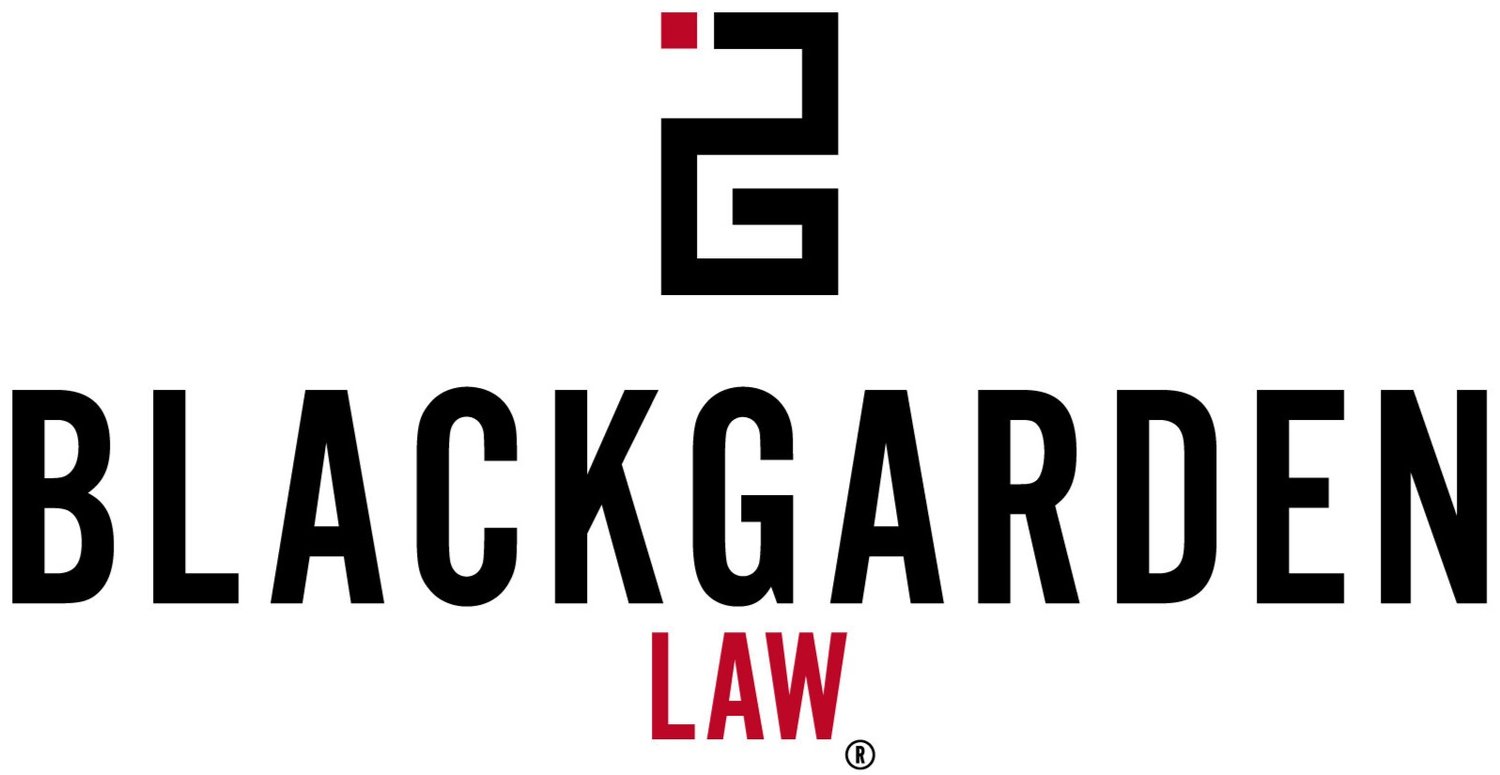Your Wi-Fi’s Uninvited Guest: What to Know about DMCA Notices
If you’ve ever received a Digital Millennium Copyright Act (DMCA) notice, you know it can be a bit alarming. But for small businesses like coffee shops, restaurants, breweries, or coworking spaces that offer guest Wi-Fi, these notices are usually about what’s happening on your network, not something you personally did.
Here’s a guide to understanding DMCA notices, why they occur, and how to secure your network to avoid future issues.
What Is a DMCA Notice?
A DMCA notice is a copyright infringement complaint sent to your Internet Service Provider (ISP), which then forwards it to you, the account holder. These notices typically allege that someone connected to your Wi-Fi and downloaded, shared, or streamed copyrighted content—think movies, music, or software—without permission.
The activity often comes from someone using peer-to-peer file-sharing software like BitTorrent, which is commonly associated with unauthorized content sharing. If your business provides guest Wi-Fi, this could be a customer, visitor, or employee.
Am I Liable as a Business Owner?
In most cases, your liability is minimal. As the owner of the internet account, you’re not automatically responsible for what users do on your network. However, repeated issues or ignoring the notices could create problems, including potential service disruptions from your ISP.
Why Does This Happen?
It’s not uncommon for employees or guests to stream, download, or share content using file-sharing software on open networks. For example:
Idle time: Employees may use their phones or laptops during downtime to stream movies or download music.
Guest users: Some patrons may see free Wi-Fi as an opportunity to grab content they wouldn’t risk downloading at home.
Unsecured networks: Open networks without safeguards are an easy target for misuse.
How to Protect Your Business
1. Educate Employees
Remind your staff that using file-sharing programs like BitTorrent is not only risky but also puts the business at risk of copyright claims.
Explain the importance of appropriate internet use during work hours.
2. Secure Your Network
Use a Captive Portal: A captive portal is a layer that adds a login screen for Wi-Fi users, requiring them to use a password or agree to terms (like an acceptable use policy) before accessing the internet. It adds a layer of control even if a password is not required. Program your guest portal to shut down after business hours. You should also change your guest passwords periodically.
Separate Networks: Use one network for back-of-house operations and a separate network for guest access. Avoid leaving any networks open. You can also set your back-of-house network to be invisible to visitors (which seems obvious and simple, but few bother to do it).
Shut Down Unnecessary Networks: If you have redundant guest networks (e.g., a basic guest Wi-Fi in addition to a secure network), consider disabling the extra ones to reduce risks. In particular, many business internet accounts come with something like the Xfinity WiFi hotspots enabled by default. These can create unsecured entry points and should be reviewed and turned off if not in use.
3. Monitor Activity
Many Wi-Fi systems offer usage logs that help identify patterns or repeat offenders. While these logs don’t provide detailed personal information, they can help pinpoint where and when a device is used to engage in suspicious activity.
4. Create a Robust Acceptable Use Policy
Ensure your Wi-Fi terms of use explicitly prohibit illegal activities like copyright infringement. Captive portals can include this agreement for guests to accept before connecting.
5. Respond to Notices Promptly
While a single DMCA notice doesn’t require panic, repeated issues should be addressed. Responding shows that you’re taking steps to secure your network.
Don’t Panic—Be Proactive
Receiving a DMCA notice doesn’t mean your business is in trouble, but it is a signal (from your ISP, not from the universe) to review your network security. Reminding staff about proper internet use or upgrading to a captive portal secured Wi-Fi system with monitoring and policies will help protect your business and reduce the chances of repeat notices.
Running a business is hard enough—don’t let sloppy IT hygiene create avoidable headaches. If you received a notice, consult with a professional and take the appropriate steps.
